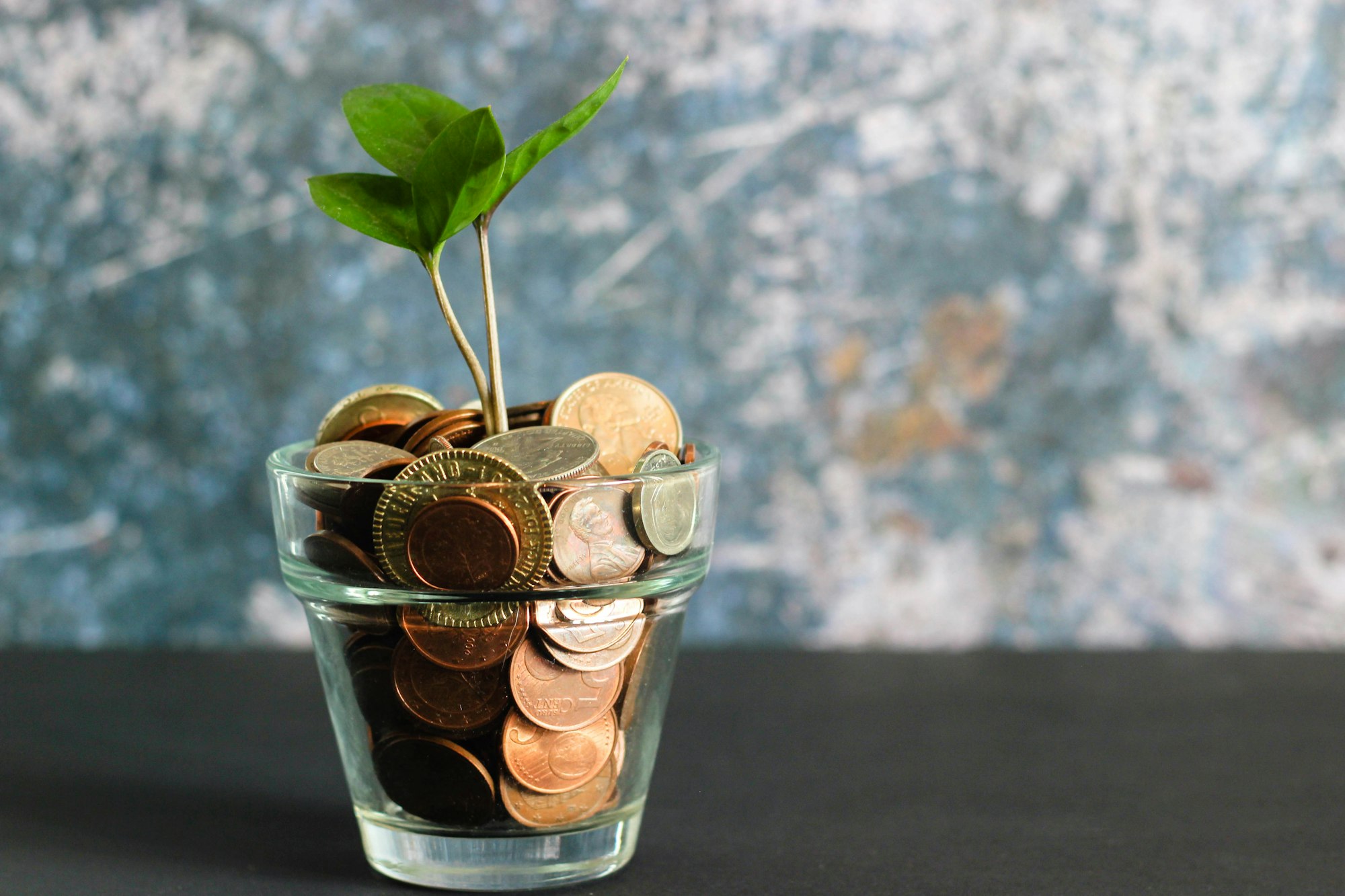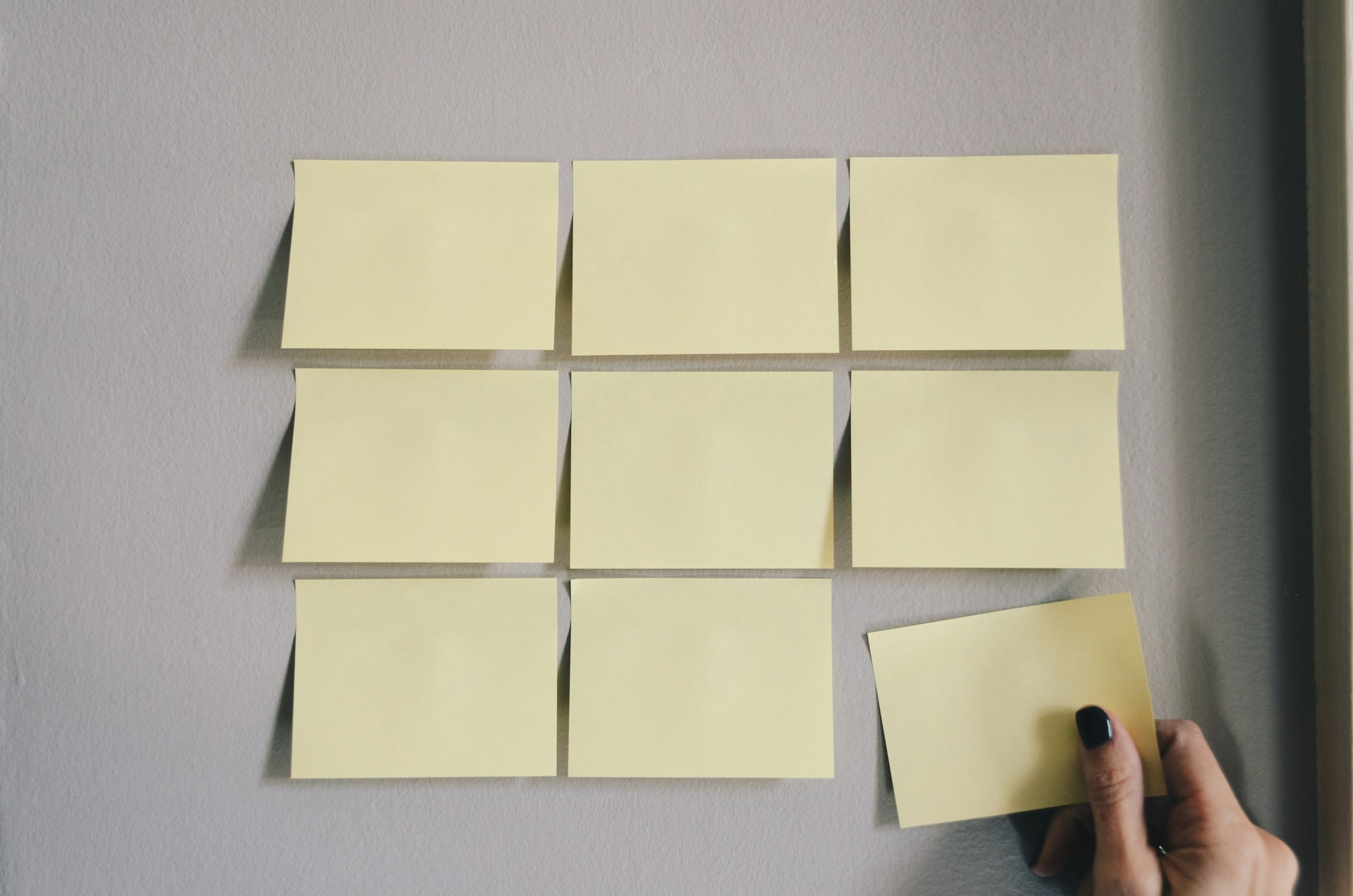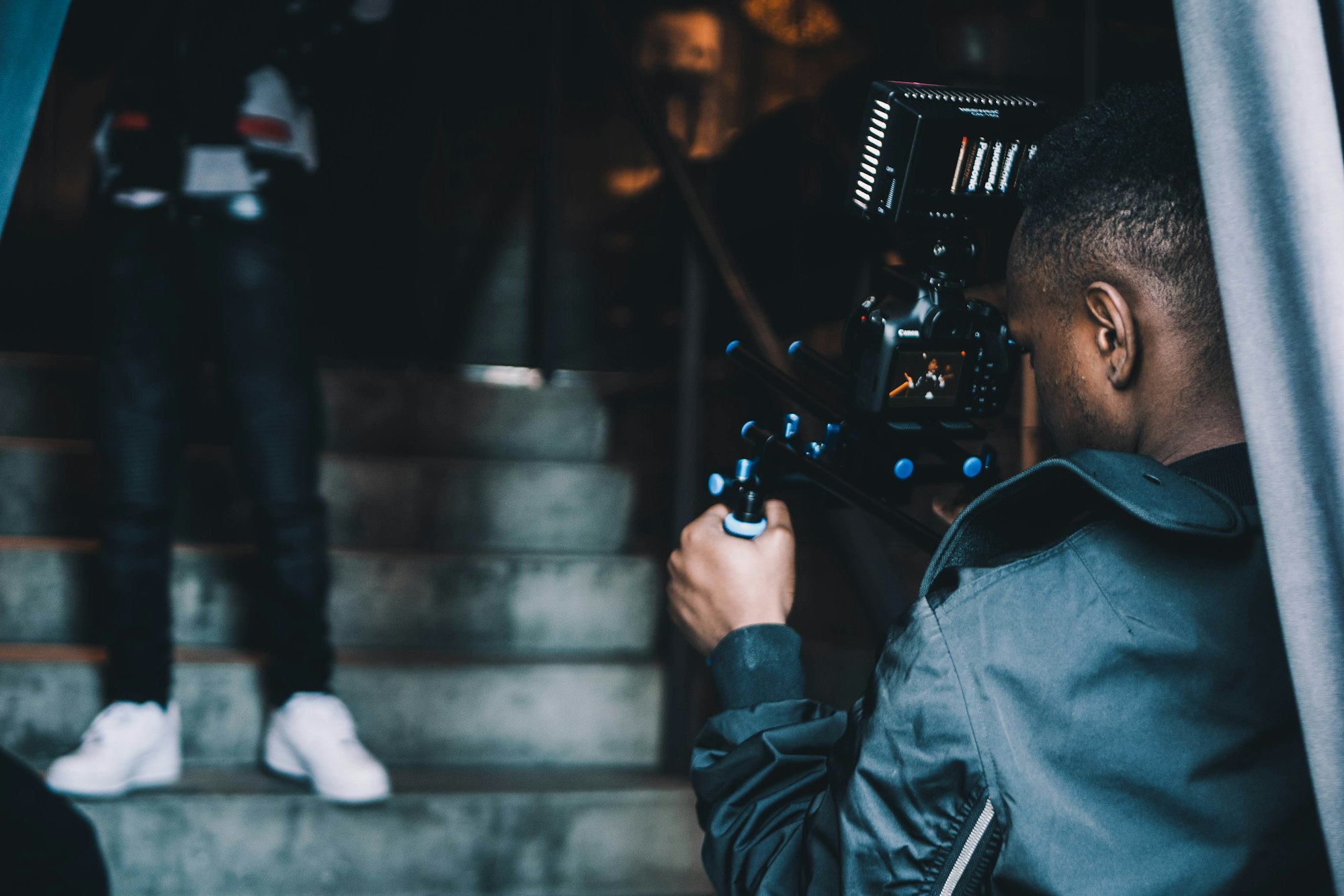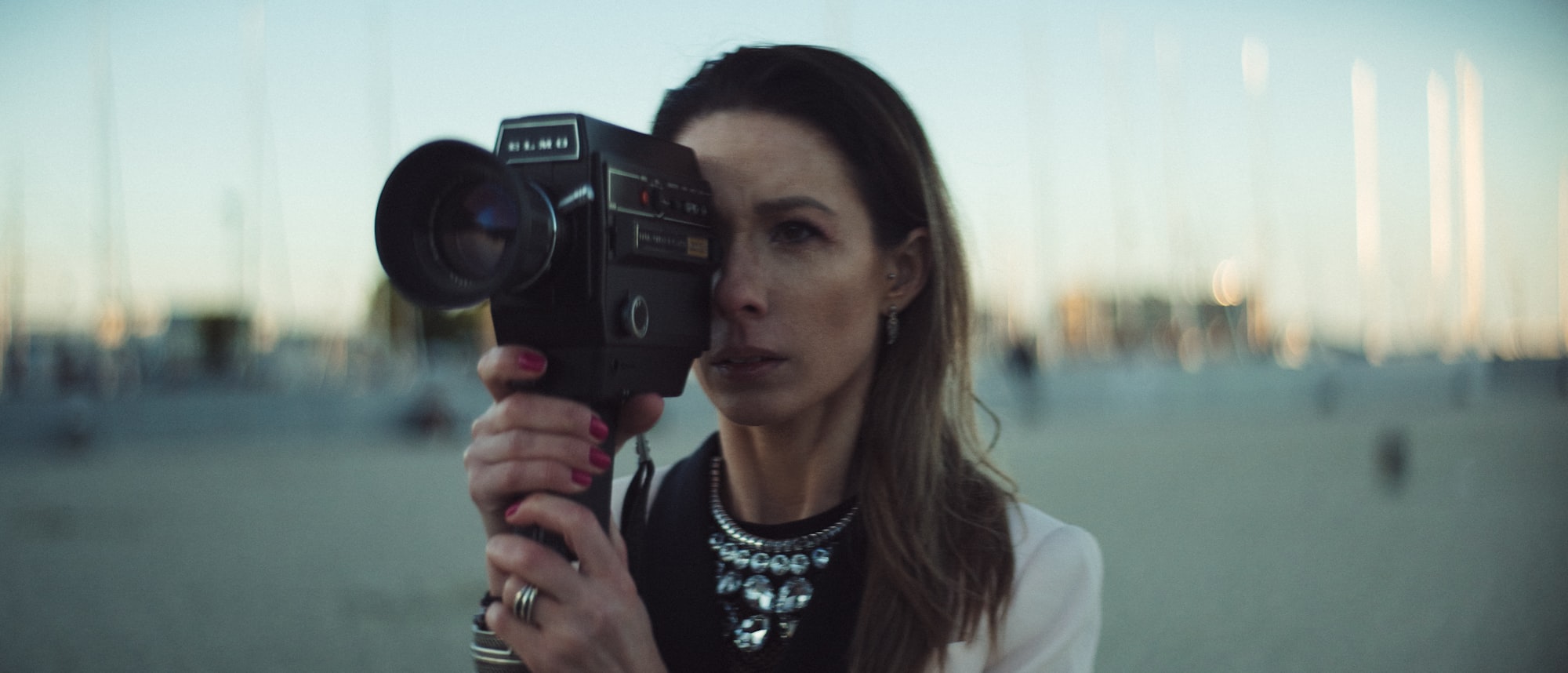Get started filmmaking with no-budget
Lately I've been starting a few film projects with essentially no budgets. Because it's a huge challenge that most filmmakers have to face, I wanted to explore the stages I take to get such a project going.

No budget or low budget?
When I call a film "no-budget" there is often still some kind of budget involved. There is always at least something you'll need to spend money on.
But I like to use the term because it means I'll be self-funding at such an extremely low level and I want everyone's expectations in check. And because it's self-funded, the closer we can get to $0 the better. But even if we get to $0 cost this isn't the true cost. So let's get started.
Getting started with no money
Considering what we actually need to make a movie these days, the barriers to entry are extremely low. Even the most basic smart phone can get anyone going with some video, sound recording, and basic editing.

What more do you need? I'd argue you don't need much more than that in terms of technology – at least not at the beginning.
Now you have your phone ready, instead consider that the most expensive part of most films is the time spent on set. People are standing around getting hungry, your rental time is ticking away, your location is only available for so much longer, etc. – so the more planning beforehand we can do the better and cheaper!
Find your no-budget story, but not yet
When I first start thinking about a story to film I don't worry about budget. It's too early and it kills my creative flow if I constantly try to balance our budget before I even know what story I want to tell.
Instead, I like to get my story down on paper straight from the heart: no editing, no over-thinking, no self censorship, no budget in mind at all. Only then, once I've worked through a couple drafts, do I start to cut and rework stuff to make it possible.
Rewrite, rewrite, rewrite...
I like to take as much time as possible with a script and storyboarding and shot planning. I know some people who don't like to do that because they feel it kills the creativity on set, but I disagree. It's still the same creative process, you are simply doing it now while the meter isn't running.

Of course you'll still have to be creative and make changes on the actual day of filming, but the more you can do the better; before your group of friends – who are all helping you out of the kindness of their heart – are waiting for you to make a bloody decision so they can go sleep for 3 hours before they have to go to work tomorrow morning.
Considering the true cost of your no-budget film
Even though this is going to be a no-budget project, to help see the true-cost of a project, I like to create a real-world budget based on all the manpower and equipment people are willing to bring to my project. It helps me to understand how much actual value and time people are investing.

That camera my friend brings? My friend of a friend who has a Zoom H4N we can borrow? That all has some actual cost. So even though I'm not paying, it's really helpful to understand what the true-cost would be and how big of a favour I'm going to owe my friends when it comes time for me to help them.
Our group of friends who have been spending 12+ hours with us over the last 5 Saturdays? All of that time has value. It's good not to take any of that for granted even especially on a no-budget film.
Find people who are willing to go all the way
The last major hurdle to no-budget filming is getting people who are willing to go with us all the way to finish-line.

Normally people are invested once they are getting a paycheque. But since we are talking no-budget, the best thing we have is passion. Filmmaking is hard and expensive, so if I can get people excited and feeling the same passion I do for a project, the better chance they will want to be in it for the long-haul with me.
Really, no budget?
Now that I've done all the planning that I can and found a great set of people who are dedicated to getting this done no matter what, it's time to realize even a no-budget film costs money.
Lunch for your good friends, gas money, a new SD card, a backup hard-drive, buying some royalty-free music, submitting to festivals, buying some editing software, getting some helpful filmmaking apps for your phone; no matter how close to $0 you get, there are some costs you cannot avoid.

So, if you followed along above, you should have a sense of the true cost of your film if you were actually paying for equipment and people's time. And you should have done as much planning as possible beforehand to film as economically as possible. So now you can take all of that and create your no-budget budget.
$1,000 - $25,000
At the end of the day, even a no-budget film can end up costing thousands of dollars. So I like to plan on that. Is it really a no-budget film? I think so. Because with all of the planning we did above, I know the most economical way of making this will require the following as a minimum:
- Lighting kit from the local rental house.
- 3 days of lunches and snacks for your friends.
- 2 tracks of royalty-free music.
- Submission fees for film festivals.
That's an extremely small set of requirements, but it already puts my no-budget project up to $2,000 or $3,000. And if I want to actually go to the festivals which the movie gets accepted to (assuming it does)? Well, you probably see where that's going.

Thats a wrap
I hope that's a few helpful things to consider when you start out your next no-budget film. The most important thing at the end of the day is to get out there and create something, anything! Don't let having no-budget scare you off.
At the end of the day, saying no-budget isn't exactly accurate; everything costs some money. So if you really have $0 budget, I'd recommend saving up some money. At the very least you should get the people helping you a nice lunch and some good coffee!
What do you do?
Now's your chance to tell us what you do. How do you plan for and make your films on no-budget? Head over to the Discord and let us all know!

